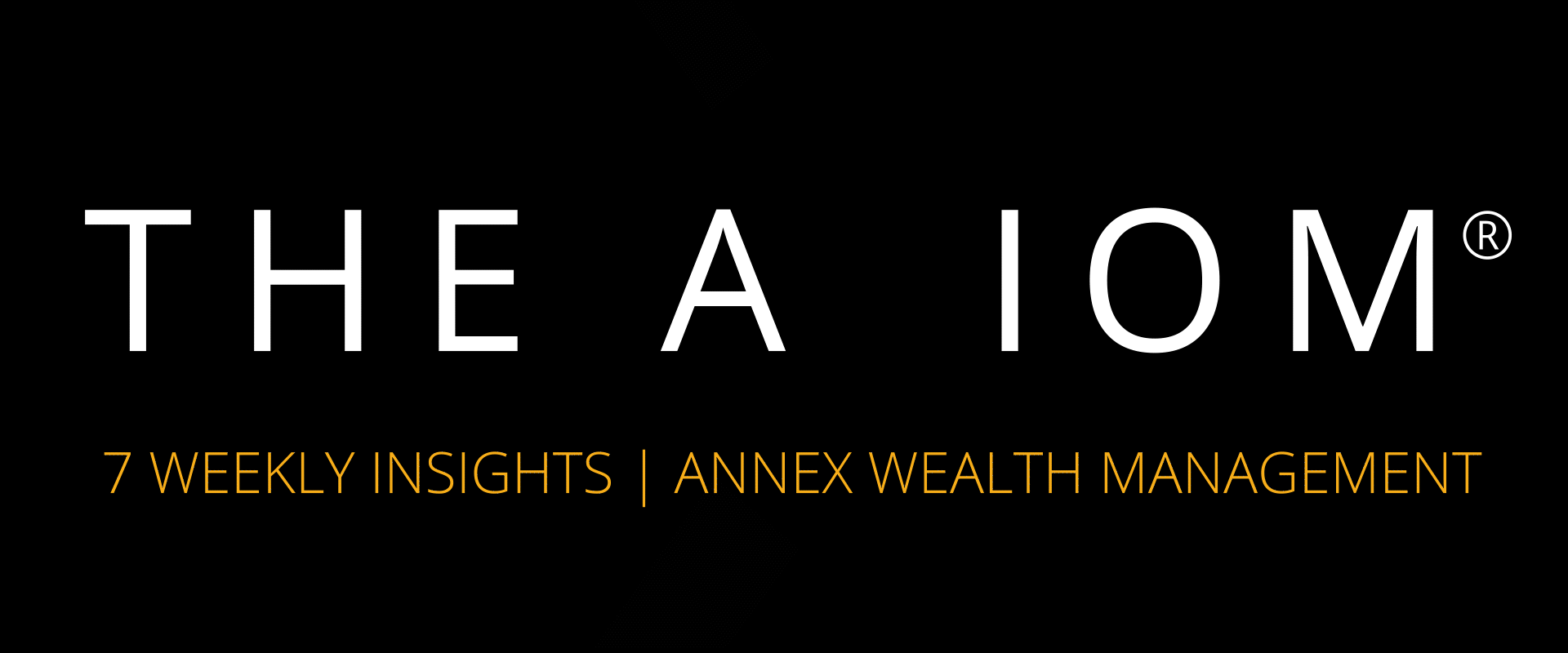
All major indices were up this week, despite the 10 year Treasury going up by over 20 basis points. One reason is likely the gloom experienced in Europe, which faces a strong dollar and a looming energy crisis. What are the odds of a recession in 2023? Annex Wealth Management’s Dave Spano and Derek Felske discuss.
It’s about the time of the year when millions of people start their holiday shopping. Year after year, more and more shoppers look to online shopping as their preferred method of purchasing items. Even with virtual shopping, there’s a handful of methods one can choose from, including Buy Online, Pick-Up-In-Store (BOPIS), Showrooming, or Curbside Pickup.
Despite the growing popularity of online shopping, there are still those who choose to stick with buying what they need in a physical store. We wanted to see what our readers’ habits were, so in last week’s poll we asked how much of your purchases are made online and/or via an app.
Here’s what you responded:
- 0-24% – 43%
- 25-49% – 23%
- 50-74% – 25%
- 75-99% – 9%
We also asked what types of items you order when you shop online:
- Apparel/Shoes – 53
- Groceries – 10
- Furniture – 11
- Electronics – 45
- Beauty/Health/Personal Care – 44
- Other – 64
This week’s survey we redirect back to financials.
The 10/14 University of Michigan Consumer Sentiment survey showed an increase in sentiment – the highest in six months.
BACK TO TOP ↑
Review Your Retirement Plan Contributions & Investments

Many of us have experienced a devastating economic disruption throughout our lifetime. Whether it is the tech bubble, 9/11, the Great Recession, or COVID-19, recent history tells us we can expect an economic hurdle about once every 10 years.
These major economic events can certainly have an impact on your retirement plan. What steps should you be taking to minimize the damage?
This week’s MoneyDo: Review your retirement plan contributions and investments.
- Contributions – Review what you’re contributing in light of your age and retirement goals.
- Remember, it’s important to continue to contribute to your plan. Rough waters shouldn’t deter you from your plan.
- If you started contributing at the beginning of your career, then 10-12% of your gross pay is usually a good benchmark. Expect to contribute more if you got a late start to saving.
- Keep in mind the contribution limits for some common types of accounts:
- IRA/Roth IRA: $6,000 limit in 2022 (with an additional $1,000 catch-up contribution if you are age 50 or older, for a total limit of $7,000)
- 401(k), 403(b), or 457(b): $20,500 in 2022 (with an additional $6,500 catch-up contribution if you are age 50 or older, for a total limit of $27,000)
- Investments – Most of us receive very little guidance on how to structure our retirement plan. Often, you’ll get a list of funds with performance over specific time spans, and it’s up to you to pick what’s best.
-
- You may be drawn to the fund with the highest returns, but consider investing in several different asset classes.
- Work with your company retirement plan provider or a financial planner to develop an asset allocation plan – a written determination of what percent of assets should be in each class.
- As the market fluctuates, the percentage of assets in each class will change. On a periodic basis, it’s important to move money between the funds to return them to your agreed upon allocation plan. This is called re-balancing.
Consider this MoneyDo essential to your financial AND mental health. Establishing and maintaining your retirement contributions and investments gives you a better understanding of what you own and where you’re headed. In the end, both you and your retirement plan will likely be better positioned to handle major economic disruptions.
BACK TO TOP ↑

BACK TO TOP ↑
BACK TO TOP ↑
UPCOMING EVENTS →
BACK TO TOP ↑